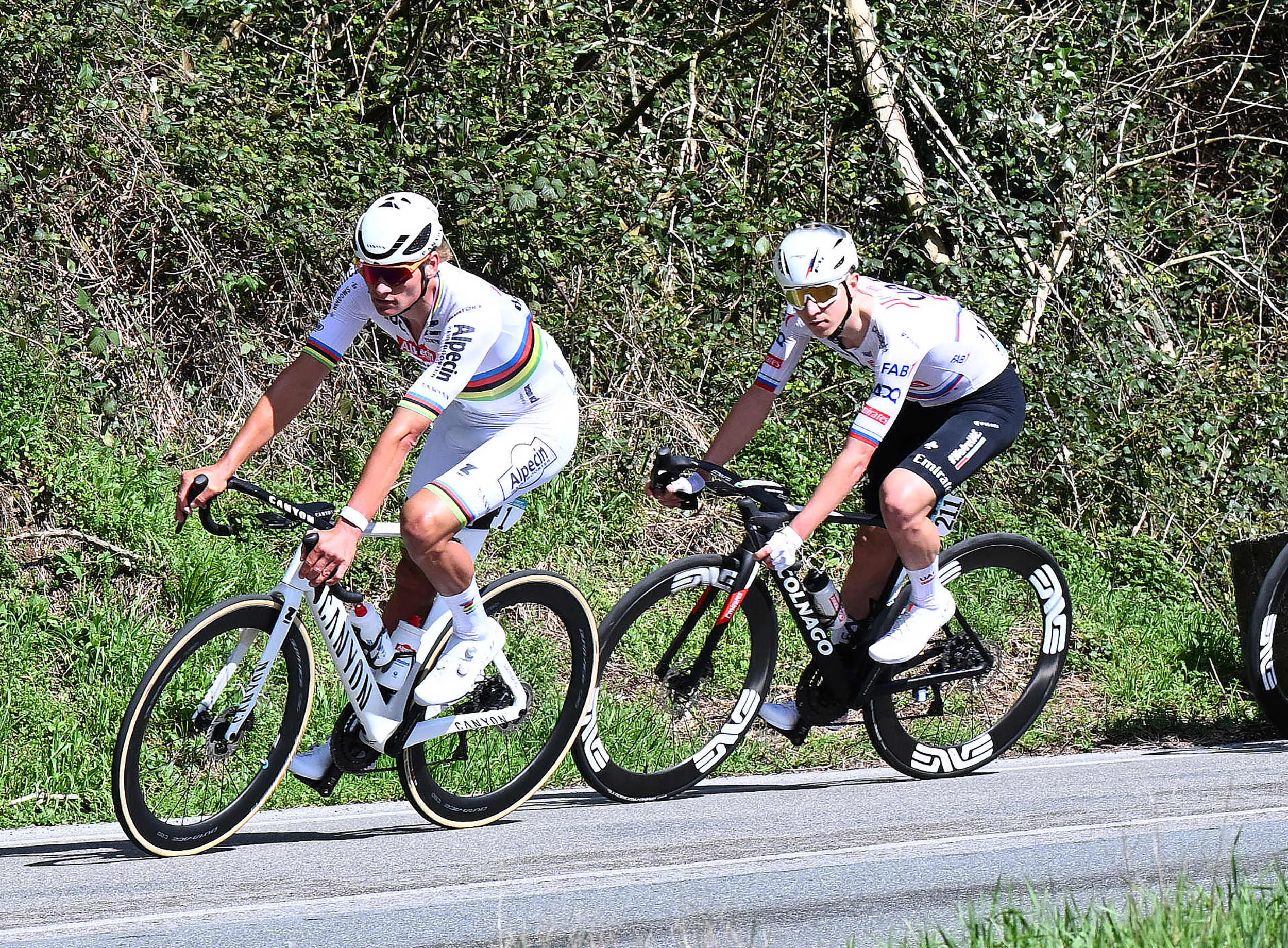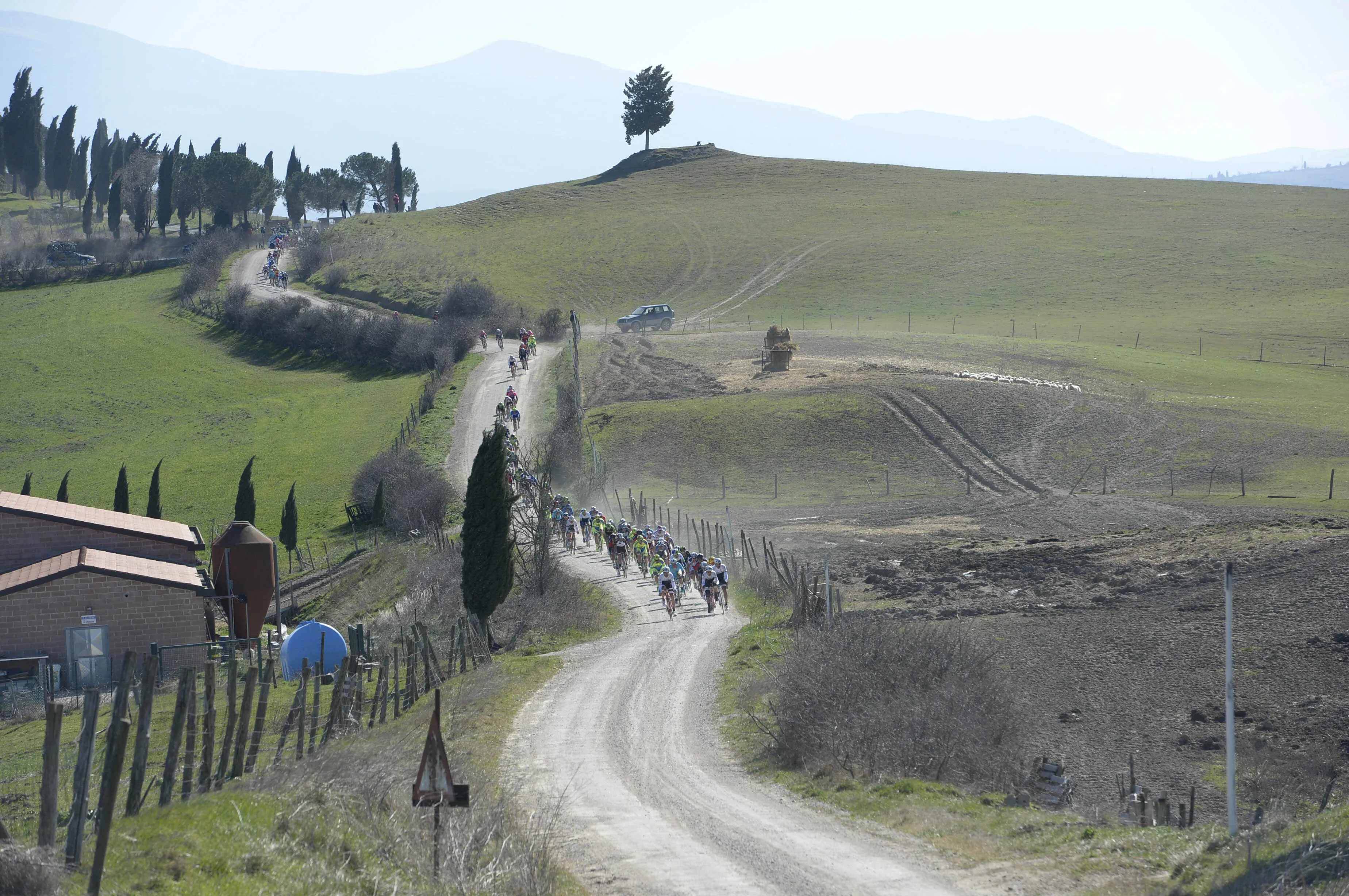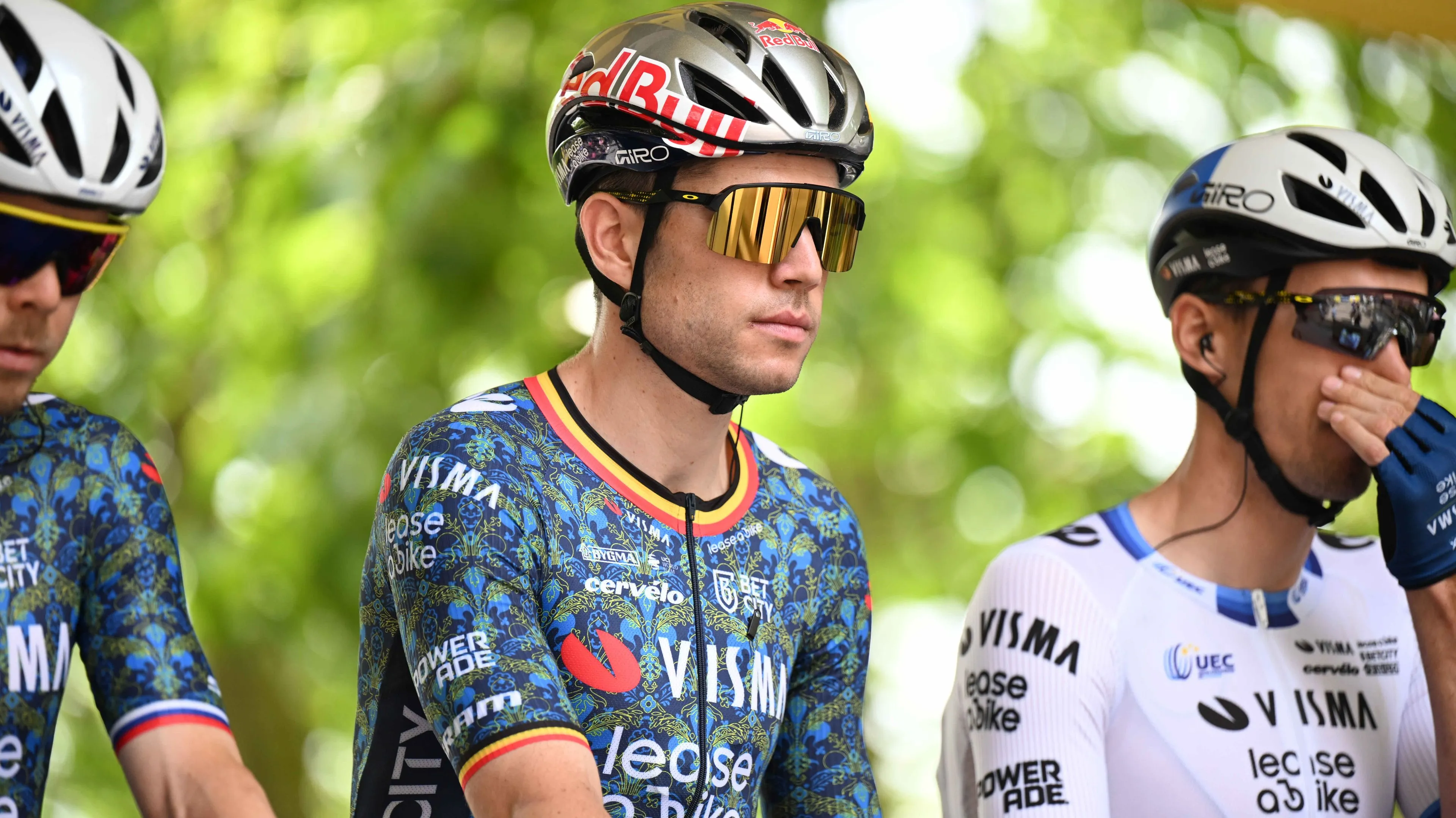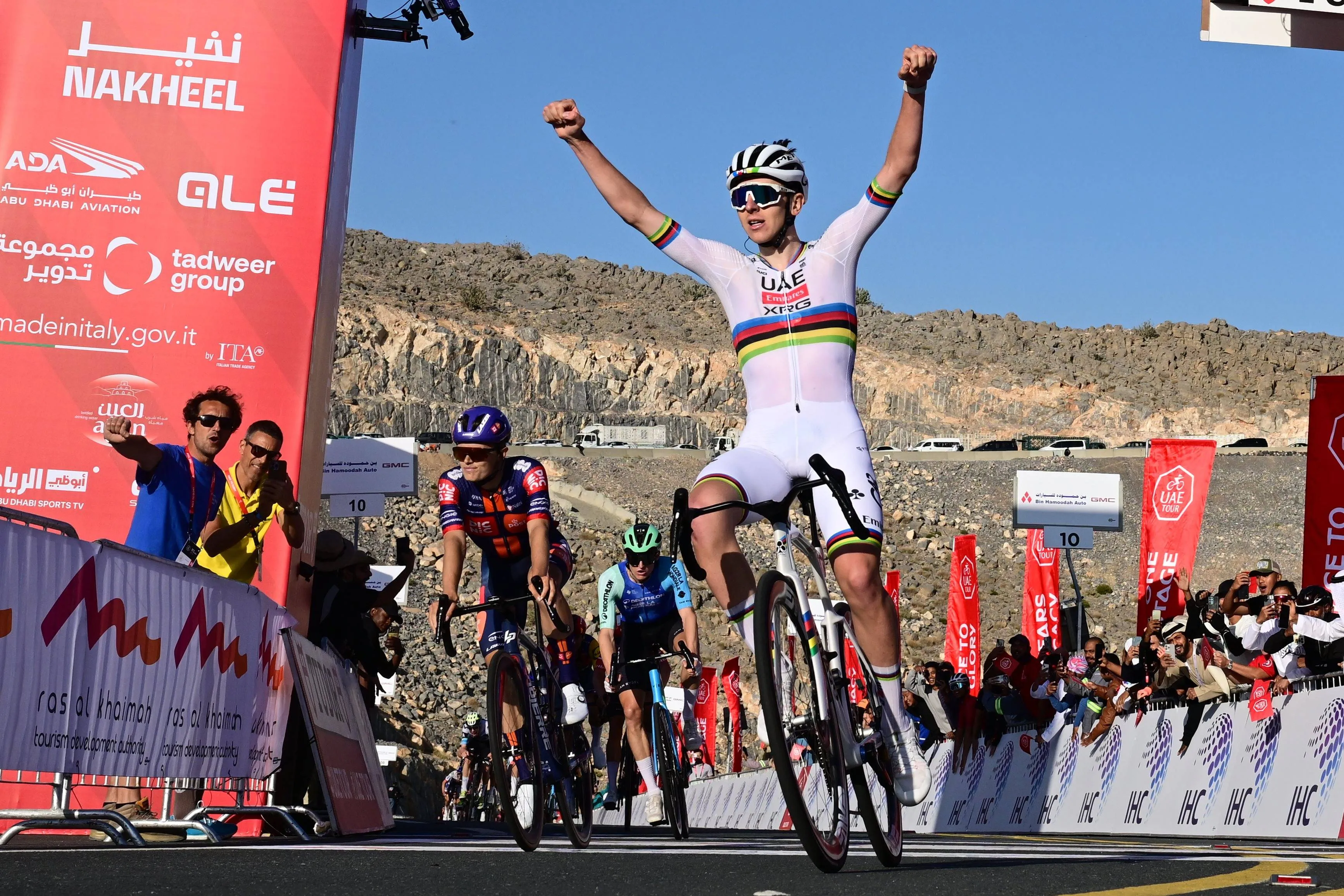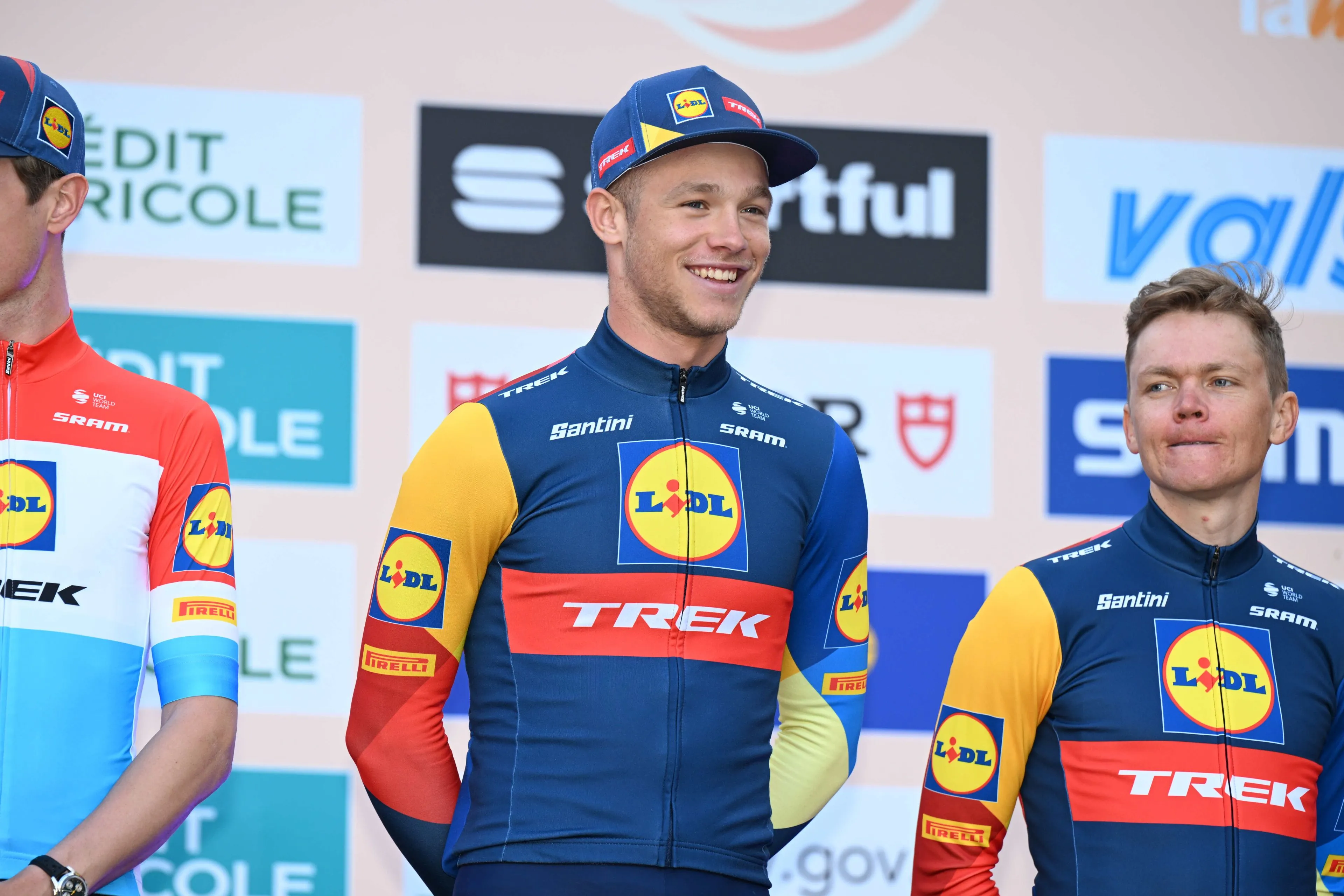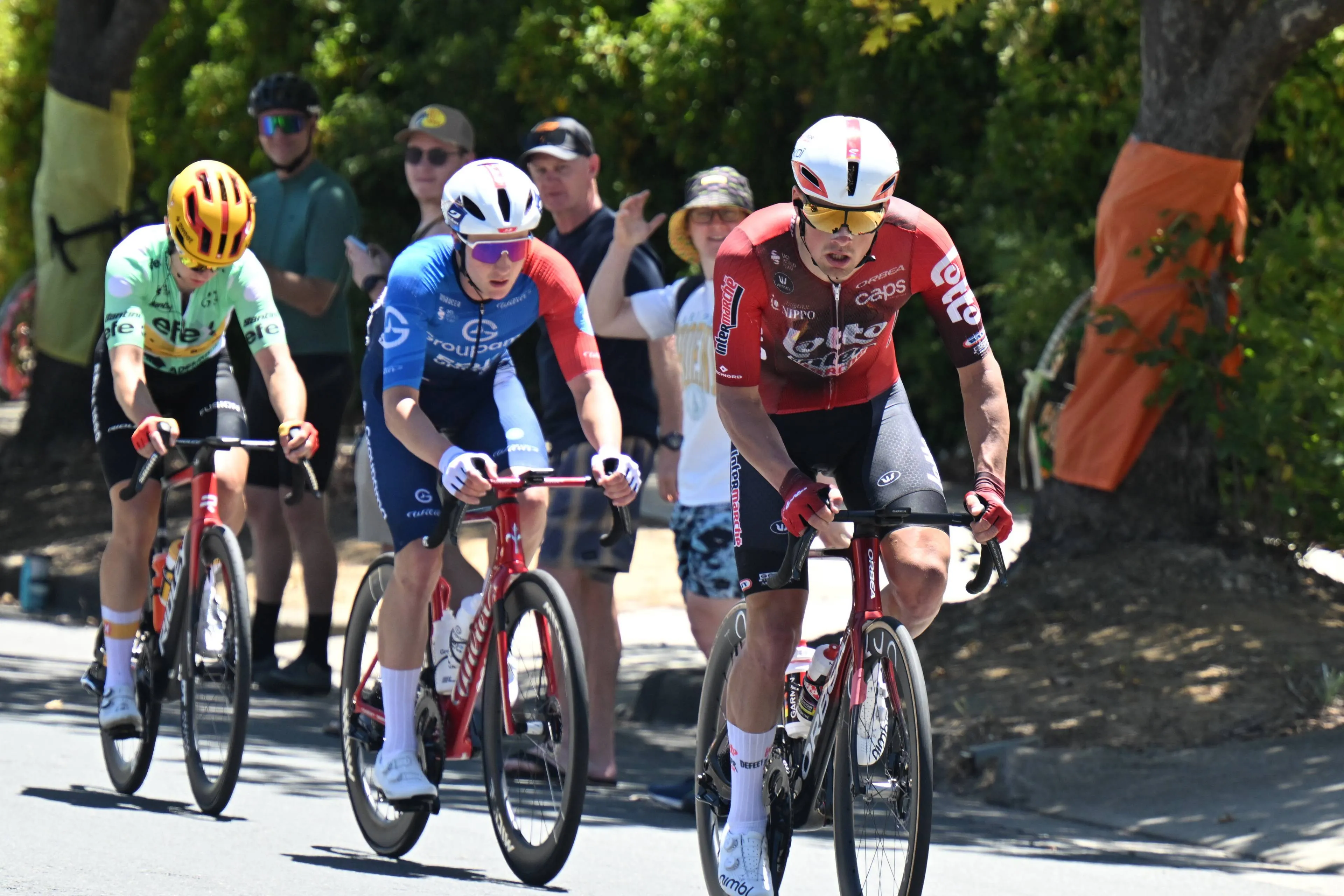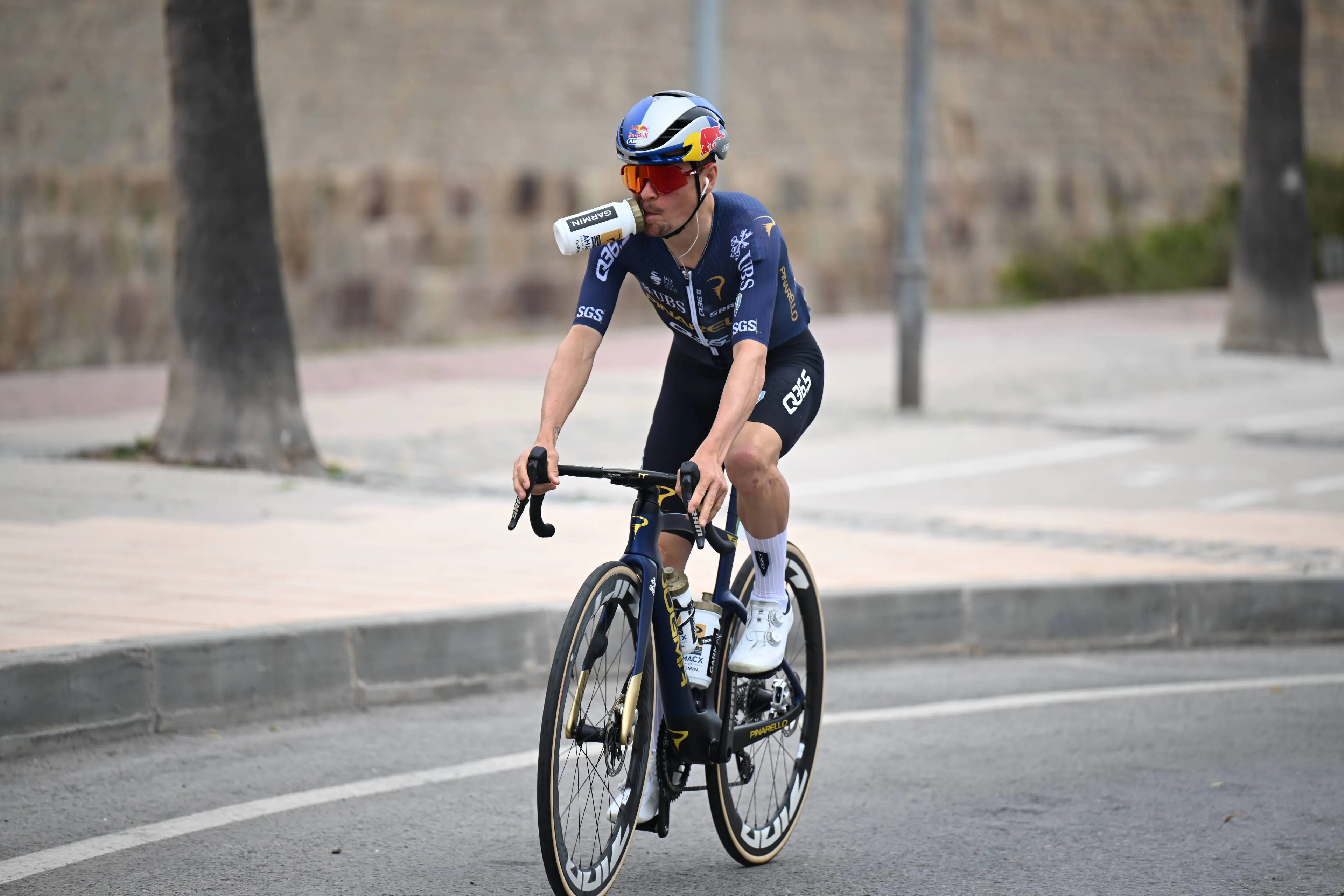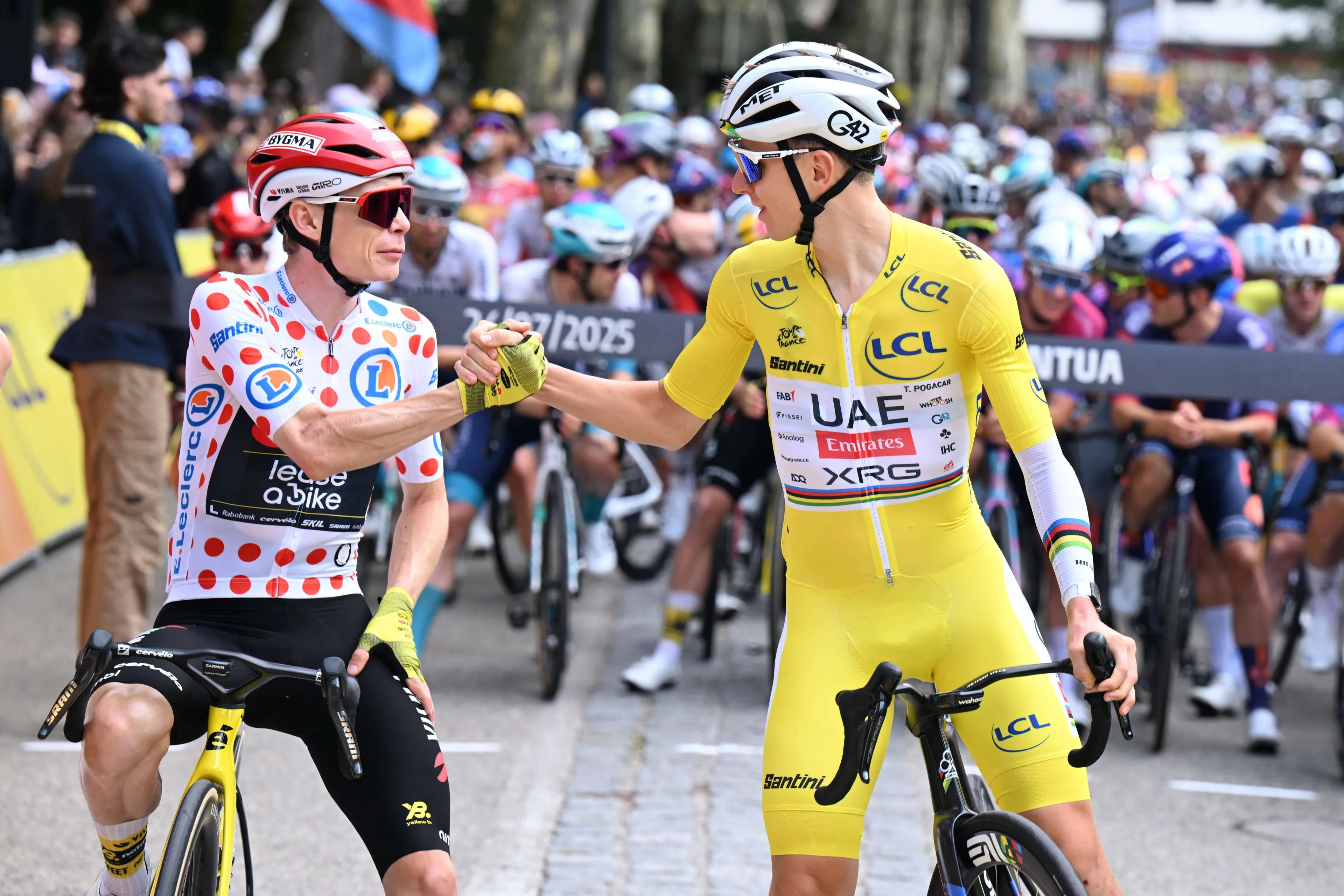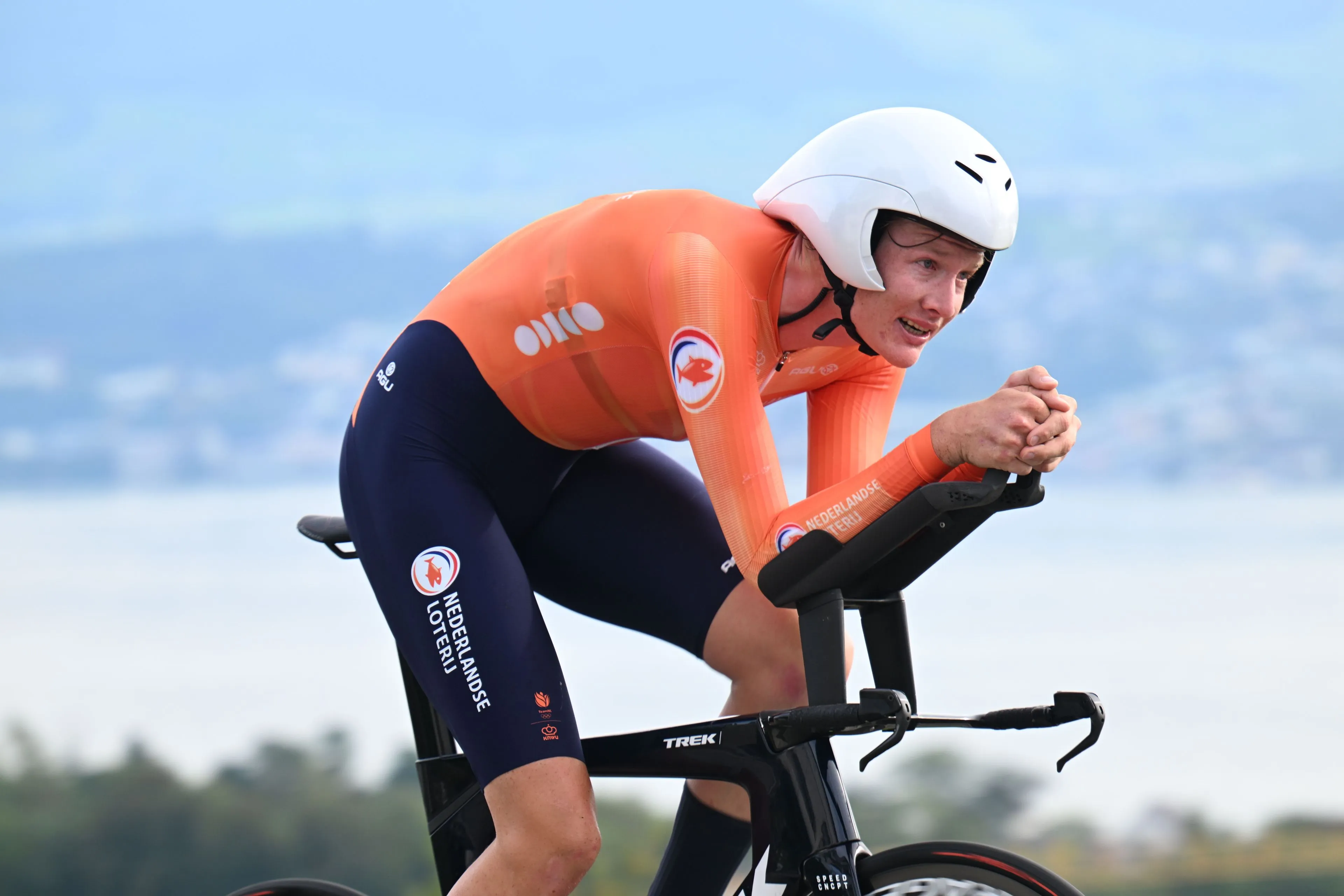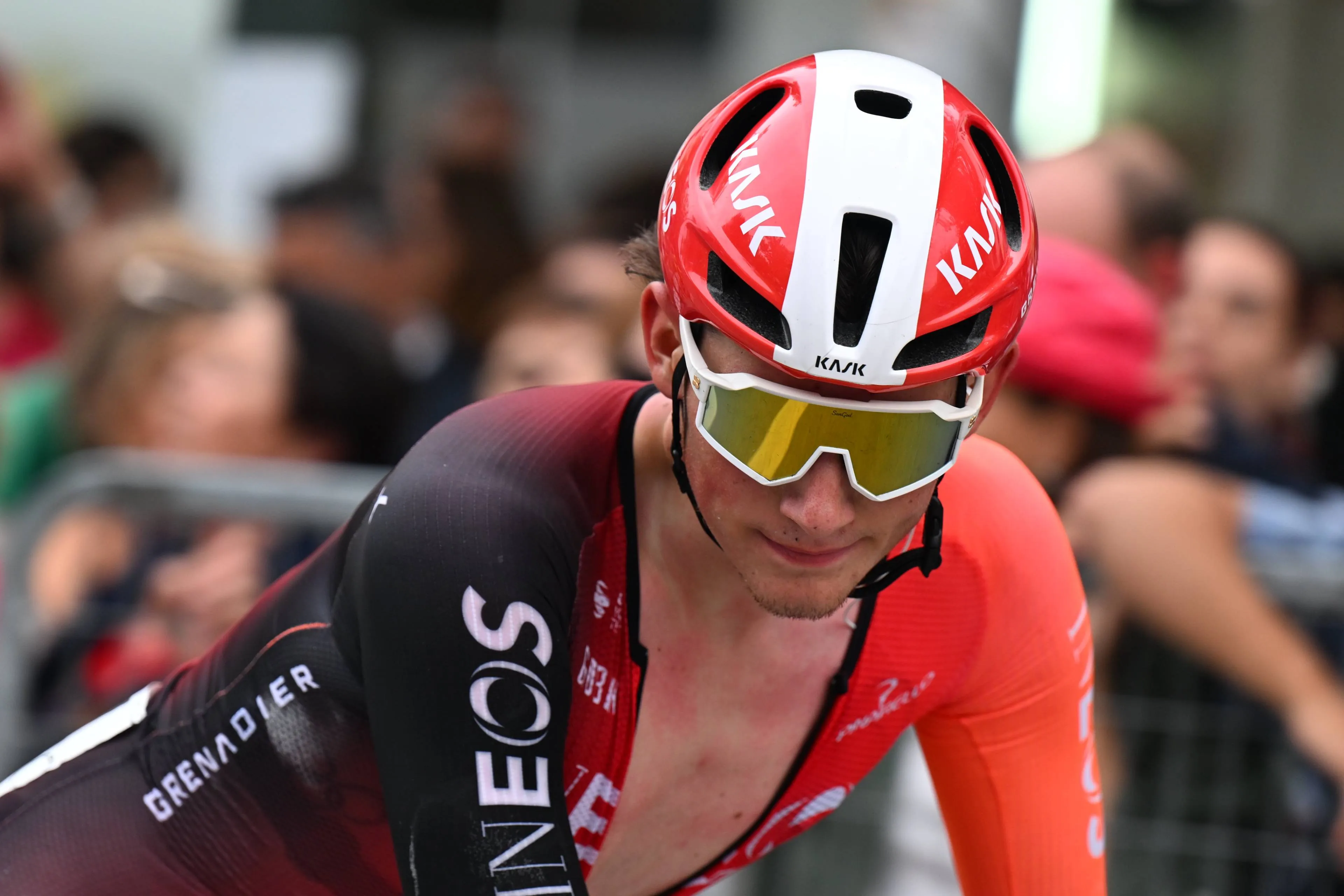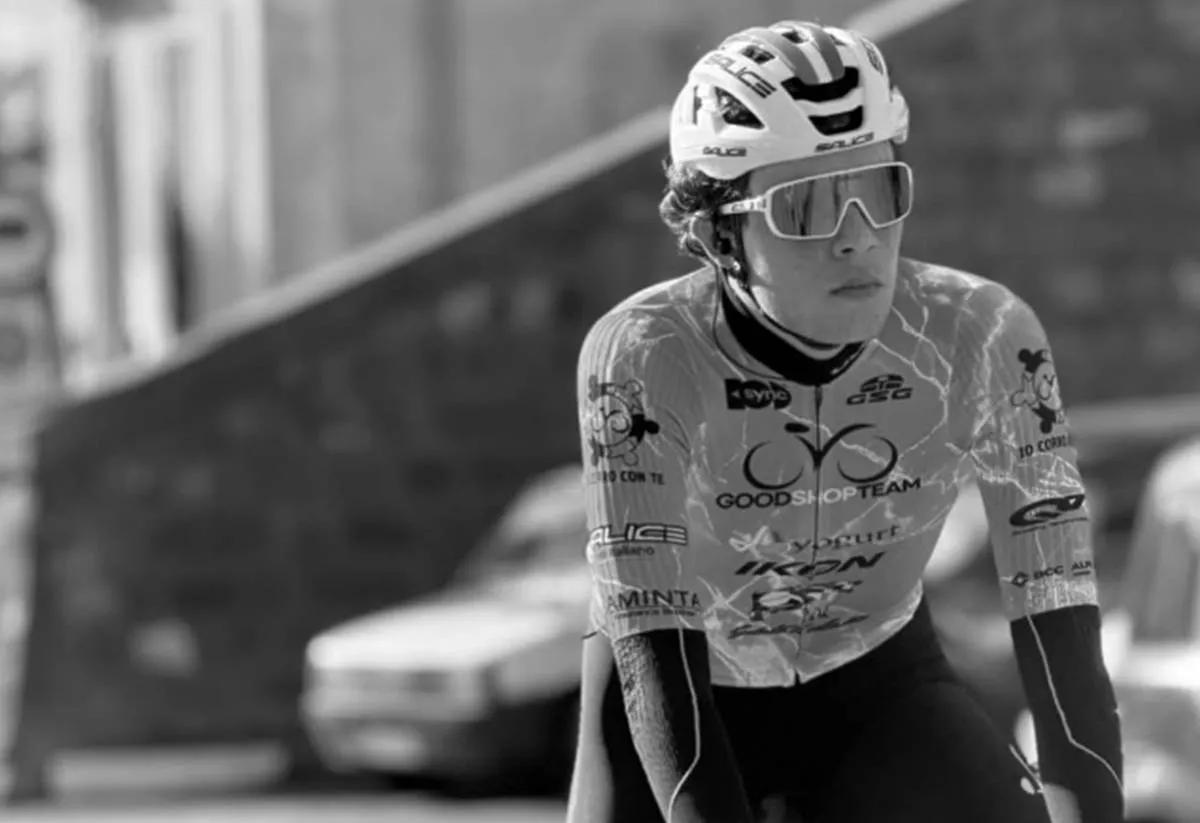ANALYSIS: Opening Weekend is here! But why are Omloop Het Nieuwsblad and Kuurne - Bruxelles - Kuurne still fan favourites?
CyclingFriday, 28 February 2025 at 13:30
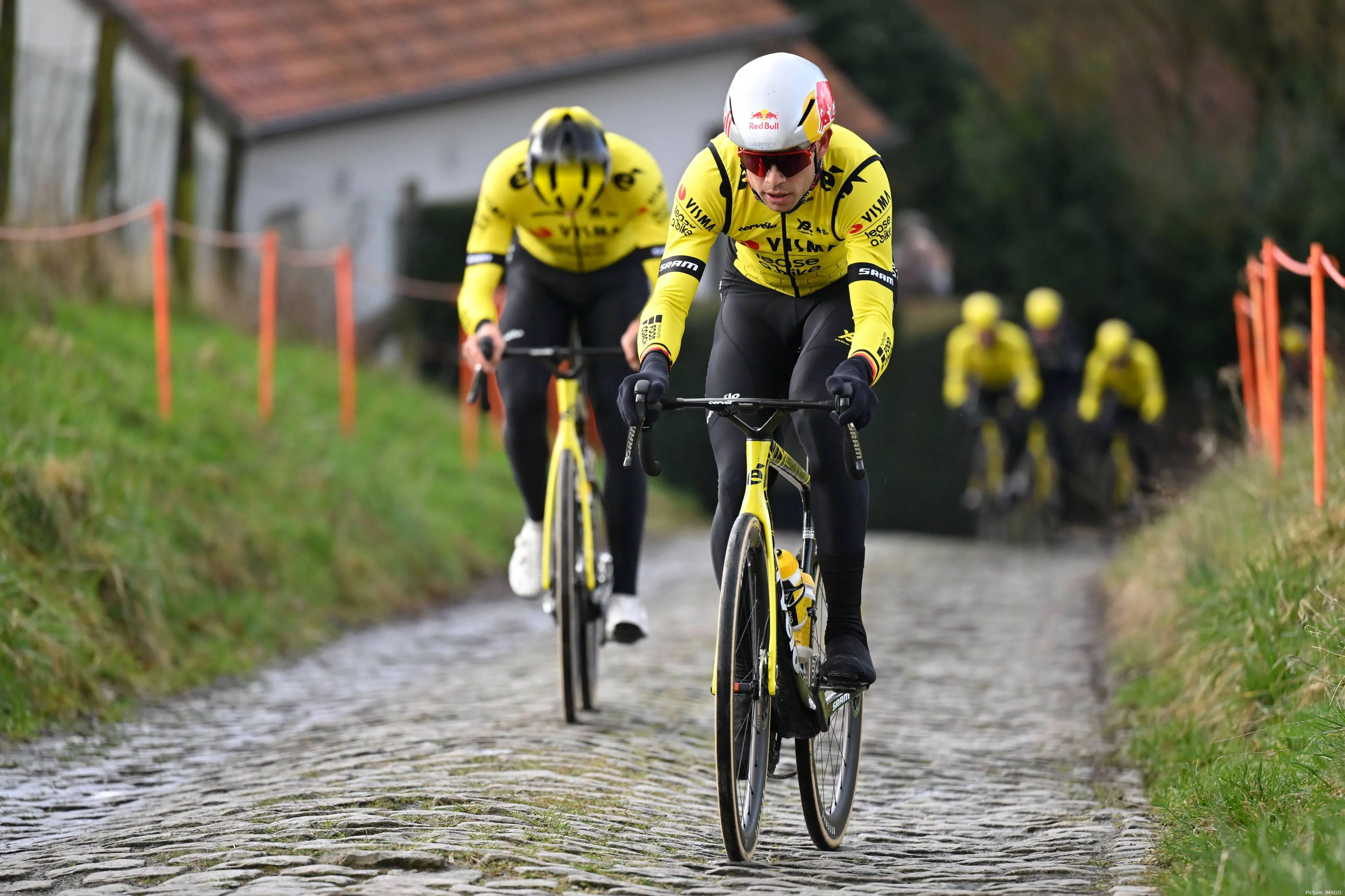
Every year in late February, Belgian cycling fans emerge
from winter hibernation for a beloved tradition: Opening Weekend. This
back-to-back pairing of Omloop Het Nieuwsblad (Saturday) and
Kuurne-Brussels-Kuurne (Sunday) officially kicks off the Spring Classics
season.
And at long last, Opening Weekend is finally here.
Yes, we’ve had some stage races like the UAE Tour and the
Tour Down Under. But, the cycling season really gets underway when the classics
start, and that start is tomorrow.
Read also
More than just the first races on the calendar, they are of
huge cultural importance in Flanders, a signal that spring (and the cobbled
classics) are around the corner. Both races carry decades of history and
folklore, from their wartime origins to legendary exploits in sleet and snow,
Omloop and Kuurne have evolved into the first chapters that set the tone for
the season.
In this article, we’ll explore the evolution of both races,
their deep roots in Belgian cycling culture, memorable winners, their role as
early season litmus tests for bigger classics, and how modern tactics and
technology have changed (but never diminished) their character.
Read also
Omloop Het Nieuwsblad
Omloop Het Nieuwsblad was born amid a newspaper rivalry and
a nation eager to revive racing after World War II. The first edition took
place in 1945, originally under the name Omloop van Vlaanderen, and it was
organised by the Flemish newspaper Het Volk as a direct response to the more
established Tour of Flanders (Ronde van Vlaanderen), which was organised by
rival newspaper Het Nieuwsblad.
The founders at Het Volk wanted a new race to challenge the Tour
of Flanders, especially given that the Ronde had controversially continued
during the war under German occupation.
Read also
A naming dispute quickly arose, as the organizers of the
Tour of Flanders protested that "Omloop van Vlaanderen" sounded too
similar to their own race. The Belgian cycling federation agreed and demanded a
name change, leading to the 1947 rebranding as Omloop Het Volk, after its
sponsor newspaper. This title remained until 2009 when Het Volk was absorbed by
Het Nieuwsblad, and the event was given its current name, Omloop Het
Nieuwsblad.
Over the years, the route has evolved while staying true to
its Flemish character. Traditionally starting in Ghent and finishing in Ninove,
the race winds through Flanders, featuring several classic “bergs,” short,
steep cobbled climbs.
The Leberg, Taaienberg, and Molenberg often feature, and
recent years have seen the reintroduction of the Muur van Geraardsbergen as a
penultimate climb. Given its late-February timing, Omloop has often been hit
with harsh weather, with editions cancelled in 1986 and 2004 due to heavy snow.
Read also
Kuurne – Bruxelles - Kuurne
If Omloop is the opening symphony, Kuurne – Bruxelles - Kuurne
is the encore that completes Opening Weekend. The first edition was held in 1946,
and during the 1950s it acted as the first race of the Belgian season.
Despite its name, modern editions do not actually go all the
way to Brussels, and the course actually turns back westward about 20-25 km
short of the capital. Kuurne’s route is generally considered less brutal than
Omloop’s, featuring climbs like the Tiegemberg and Kruisberg, but ending with a
flatter run-in, often leading to a sprint finish. This makes Kuurne a prime
target for sprinters, such as Fabio Jakobsen who won in 2022.
Read also
That said, Kuurne has still seen its share of brutal
conditions, with snow and ice forcing cancellations in 1986, 1993, and 2013.
The infamous 2010 edition, run in freezing rain and gale-force winds from
Cyclone Xynthia, saw only 26 finishers.
Why is Opening Weekend important?
For Belgian cycling fans, these two races are more than just
early-season events; they are a cultural ritual. It’s often said that the
cycling season only really begins with Omloop Het Nieuwsblad and the Opening
Weekend. Even in wintry weather, crowds line the bergs and village squares,
eager to cheer and ring in the new year of racing, especially if Wout van Aert is in town.
Omloop and Kuurne are Flemish through and through, cobbled
climbs, winding farm roads, and often the fierce Flanders weather.
Read also
Importantly, these races have long been dominated by home
talent. While globalisation has brought more international winners in recent
times, the core appeal remains: Opening Weekend is when Belgian riders fight to
show they’re the best of their nation.
Historical winners and races
Both races have produced legendary moments. Omloop’s record
for most victories (three) is shared by Belgian greats Ernest Sterckx, Joseph
Bruyère, and Peter Van Petegem. Eddy Merckx won twice, while more modern riders
like Greg Van Avermaet have also won twice. One of the most memorable editions
was 2015 when Ian Stannard, against the odds, defeated three Quick-Step
teammates in a breakaway.
Kuurne has its own roll of honour, favouring sprinters like
Tom Boonen (three wins) and Mark Cavendish. The 1961 edition ended in a tie,
while 2010 saw an unheralded Bobbie Traksel triumph in horrific conditions.
Read also
As the first major cobbled races, Opening Weekend offers an
early test for riders and teams aiming for the Monuments like Tour of Flanders
and Paris-Roubaix, and to shake off any cobwebs from the winter.
For fans, these races get the conversations rolling for the
rest of the season. Who looked strong? Did any favourites struggle?
Despite the modernisation of cycling, Omloop and Kuurne have
retained their traditional appeal. Teams now use data, power meters, and
refined tactics to control the race, however, unpredictability remains as
Stannard’s 2015 win proved.
Read also
Equipment improvements, from wider tires to better clothing,
have enhanced performance, but the brutal roads and unpredictable weather
ensure these races remain old school challenges where anything can happen.
Omloop Het Nieuwsblad and Kuurne – Bruxelles - Kuurne are
more than just races, they are part of Belgium’s cycling heritage. Each
February, they usher in the new season with drama, history, and tradition, and
set the tone for all the action that is to come.
Now the attention turns to this weekend, and who will be the
latest stars to etch their names into history.
claps 1visitors 1
Just in
Popular news
Latest comments
- Visma lease a bike have some problems... it's gonna be an interesting year 🤷
 leedorney16-02-2026
leedorney16-02-2026 - I can't see what the problem is, he was moving across to get the wheel and van Gils couldn't handle his bike and he didn't brake and so disbalanced into the barriers 🤷 - yes it was subsequently a bad move as van Gils ended up in the barriers, theirs been worse in the tdf.. and it's been ignored! How time change.. 😁
 leedorney16-02-2026
leedorney16-02-2026 - Pretty sure Del Toro is a North American.awp16-02-2026
- the big boys have come out to play and now Remco has to pay attention and racemij16-02-2026
- That was a nasty move, and he was rightly disqualified for that.
 santiagobenites16-02-2026
santiagobenites16-02-2026 - Another genarational talent. How long will it be till he gets a crack at GC on the Tour?Cyclingsbestfan16-02-2026
- That ‘late crash for Van Gils” happened when Christen squeezed him into the barriers in the final sprint! Did you even see the race?JustDave16-02-2026
- Where's the national jersey?antipodeanpedalfan16-02-2026
- Pog has been flooring it most of the winter, big ride Xmas day, col de rates kom etc.. he is the man to beat! Least Tom was the only guy to hold the wheel last year 💪
 leedorney16-02-2026
leedorney16-02-2026 - Methinks the lady doth protest too much.antipodeanpedalfan16-02-2026
Loading
Write a comment
